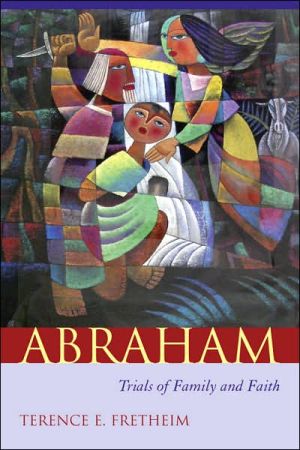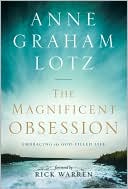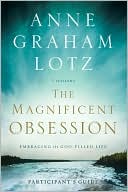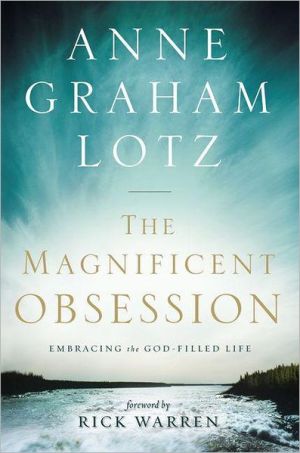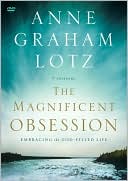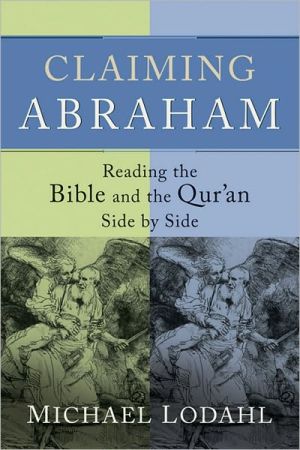Abraham: Trials of Family and Faith
In an inviting style that showcases his literary discernment, theological sophistication, and passion for the biblical text, Terence E. Fretheim turns his attention to one of the most dramatic stories of the Old Testament-that of Abraham, Sarah, Hagar, Isaac, and Ishmael. Through close readings of Genesis 12 through 25, Fretheim guides readers through the intricacies of the plot, from God's surprising call to Abraham to leave home and family to God's enigmatic commands to evict one son and...
Search in google:
In an inviting style that showcases his literary discernment, theological sophistication, and passion for the biblical text, Terence E. Fretheim turns his attention to one of the most dramatic stories of the Old Testament-that of Abraham, Sarah, Hagar, Isaac, and Ishmael. Through close readings of Genesis 12 through 25, Fretheim guides readers through the intricacies of the plot, from God's surprising call to Abraham to leave home and family to God's enigmatic commands to evict one son and sacrifice another.Extending the vein of analysis in which he previously has written to wide acclaim, Fretheim examines Abraham's family and assesses the significant roles it plays across three religions-Judaism, Christianity, and Islam. Relating biblical narrative to theological concerns, Fretheim wrestles with such controversial concepts as God's selection of an elect people, the gift of land and other promises, the role of women and outsiders, the character of God, and the suffering of innocents.In addition Fretheim contributes to the increasingly important interreligious dialogue surrounding Abraham by examining the continuing conversation among Muslims, Christians, and Jews about the place of Hagar and Ishmael in Abraham's family. Throughout the text, Fretheim frames the narrative as rooted in the trials of family and faith that define the story of Abraham as the father of three religions. James A. Overbeck - Library Journal Fretheim (Old Testament, Luther Seminary, St. Paul, MN) attempts to justify yet another biography of Abraham, legendary father of three faiths, but is not quite convincing. His book has its benefits: it is short, it covers issues of child abuse, and it recognizes that the authors of the book of Genesis in the Old Testament did not intend the text to document a history of origins; instead, it was to explore the meaning of myths and legends about the beginnings of the Hebrew tribe. More could have been made of the fact that these stories were written in postexilic Israel (circa 500 B.C.E.), when the idea of the promise of a great Hebrew tribe was severely tested and nearly destroyed. The Abrahamic story was yet another story of survival in the face of certain destruction: if Abraham had sacrificed Isaac, no tribe would exist that could be traced back to him. Fretheim recognizes that ancient Near Eastern legends of child sacrifice might have influenced the Hebrew writers who compiled these stories. His book may be useful to students, but for the general reading public, Bruce Feiler's Abraham: A Journey to the Heart of Three Faithsis recommended. Fretheim's book will better suit seminary libraries.
\ Library JournalFretheim (Old Testament, Luther Seminary, St. Paul, MN) attempts to justify yet another biography of Abraham, legendary father of three faiths, but is not quite convincing. His book has its benefits: it is short, it covers issues of child abuse, and it recognizes that the authors of the book of Genesis in the Old Testament did not intend the text to document a history of origins; instead, it was to explore the meaning of myths and legends about the beginnings of the Hebrew tribe. More could have been made of the fact that these stories were written in postexilic Israel (circa 500 B.C.E.), when the idea of the promise of a great Hebrew tribe was severely tested and nearly destroyed. The Abrahamic story was yet another story of survival in the face of certain destruction: if Abraham had sacrificed Isaac, no tribe would exist that could be traced back to him. Fretheim recognizes that ancient Near Eastern legends of child sacrifice might have influenced the Hebrew writers who compiled these stories. His book may be useful to students, but for the general reading public, Bruce Feiler's Abraham: A Journey to the Heart of Three Faithsis recommended. Fretheim's book will better suit seminary libraries.\ —James A. Overbeck\ \ \
